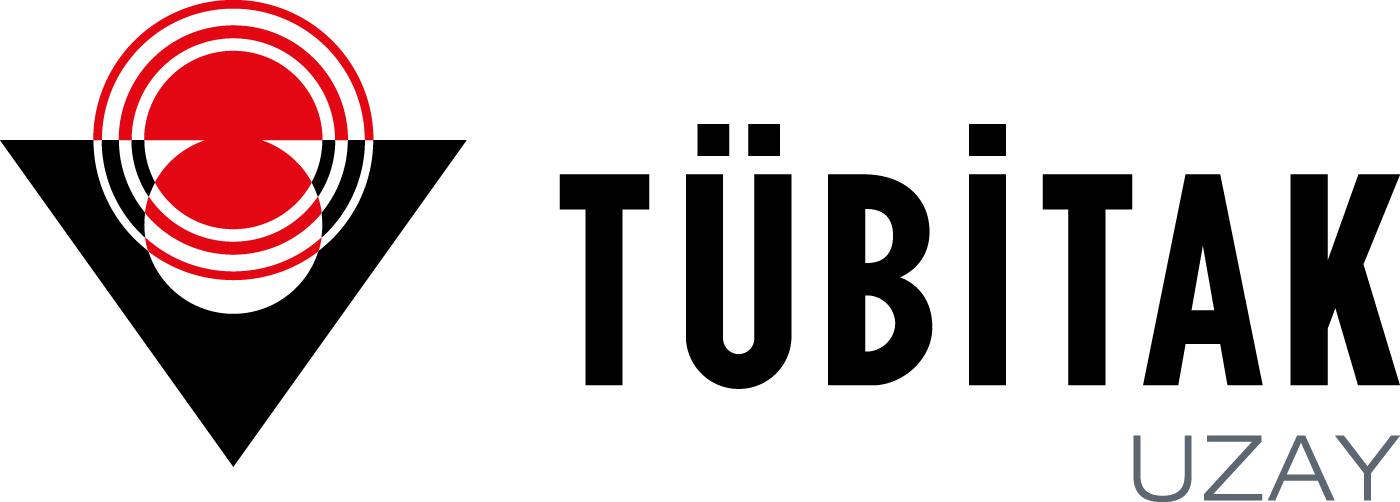TÜBİTAK UZAY is the leading organization in the realization of the goals set within the scope of the National Space Program (MUP) with its competence in both research and development activities and project management expertise. The Turkish Astronaut Science Mission (TABM) Project, which was initiated to realize the goal of "sending a Turkish citizen into space for a scientific mission", one of the 10 strategic goals set within the framework of the MUP, is being carried out by TÜBİTAK UZAY.
In the documentary “Beyond the Horizon“ , you can find answers to your questions about Türkiye's first crewed space missions.
Astronaut Selection And Training

To determine the astronaut who would perform Türkiye's first human spaceflight mission, carried out by TÜBİTAK UZAY, an astronaut announcement was made, open to Turkish citizens, and shared with the public by our President on May 23, 2022. The announcement garnered significant attention. Following evaluations by experts, one primary and one backup astronaut candidate were selected.
Alper Gezeravcı and Tuva Cihangir Atasever began their astronaut training in the United States, Japan, and Europe to acquire the necessary knowledge and skills for the mission. The training, which lasted approximately 8 months, included detailed sessions on living in the International Space Station, operating space vehicles used during launch and return, and handling emergencies. Additionally, both theoretical and practical training to conduct the experiments within the scope of the project was provided by Turkish scientists.
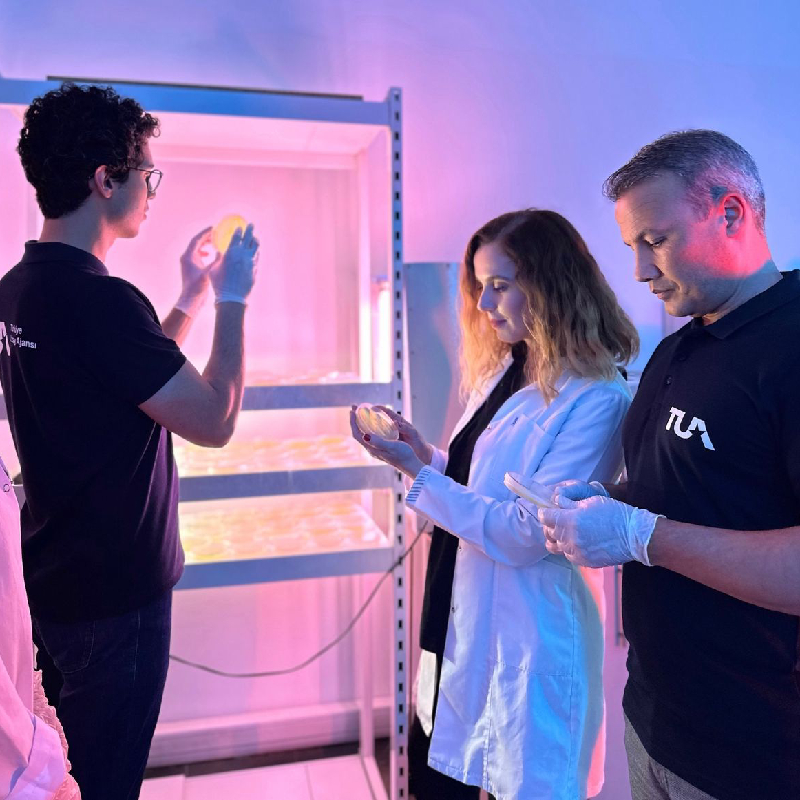
The main goal of the Turkish Astronaut and Science Mission Project is to provide Turkish scientists with the opportunity to conduct microgravity research using the International Space Station (ISS) infrastructure.
To achieve this, TÜBİTAK UZAY launched a Science Mission Call on June 4, 2022, which received a total of 48 experiment proposals from 37 universities and research institutions. These proposals were evaluated by Axiom Space, TÜBİTAK UZAY, and TUA, and 13 of them were selected.
To coordinate and integrate the selected experiments, TÜBİTAK UZAY formed a working group. Necessary arrangements for conducting the experiments in the space environment were completed through intensive collaboration with the experiment teams and Axiom Space. Two training campaigns were organized: a theoretical one in June 2023 and a practical one in November 2023. Final preparations were made at the Kennedy Space Center, and the experiments were loaded onto the launch vehicle.
International Space Station Science Mission
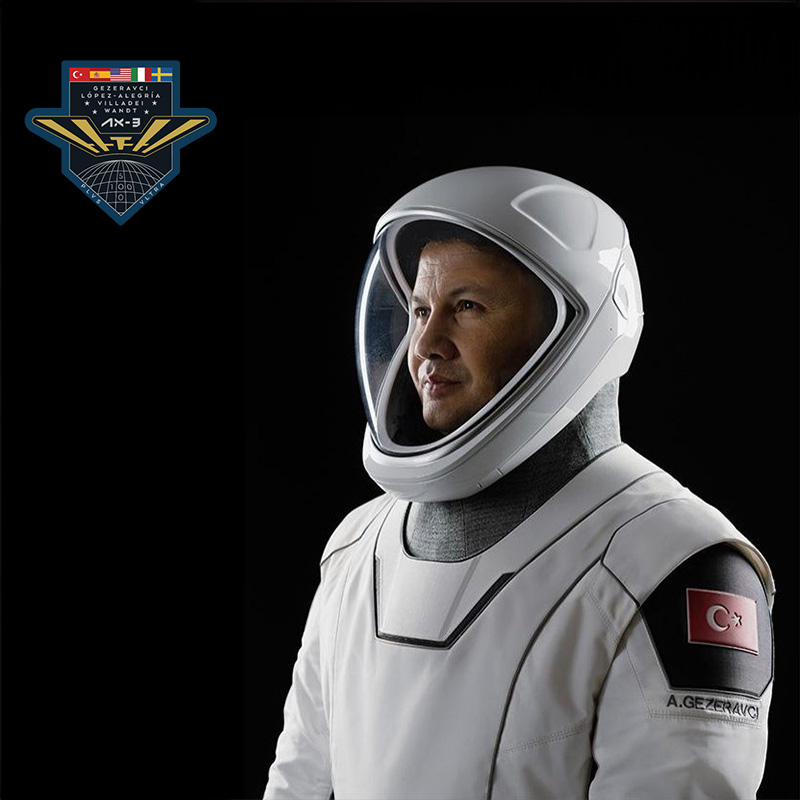
Alper Gezeravcı has been selected as the first Turkish astronaut within the TABM Project. Born in 1979 in Mersin, Alper Gezeravcı graduated from the Air Force Academy in 2001 and received his master's degree in Operations Research in the USA. Serving as an F-16 pilot in the Air Force, Gezeravcı is also an electrical and electronics engineer.
Alper Gezeravcı was sent to the International Space Station on the AX-3 (AXIOM-3) mission. The SpaceX Crew Dragon spacecraft carrying the astronaut was launched into space by a Falcon 9 Block 5 rocket and docked with the International Space Station at an altitude of approximately 420 km. After 18 days on the International Space Station, Gezeravcı completed Türkiye's first manned space science mission and landed on February 9.
Within the scope of the Space Mission, 13 experiments were carried out in microgravity in the fields of biology/ biotechnology, physics, technology and human research.
Suborbital Research Flight Science Mission
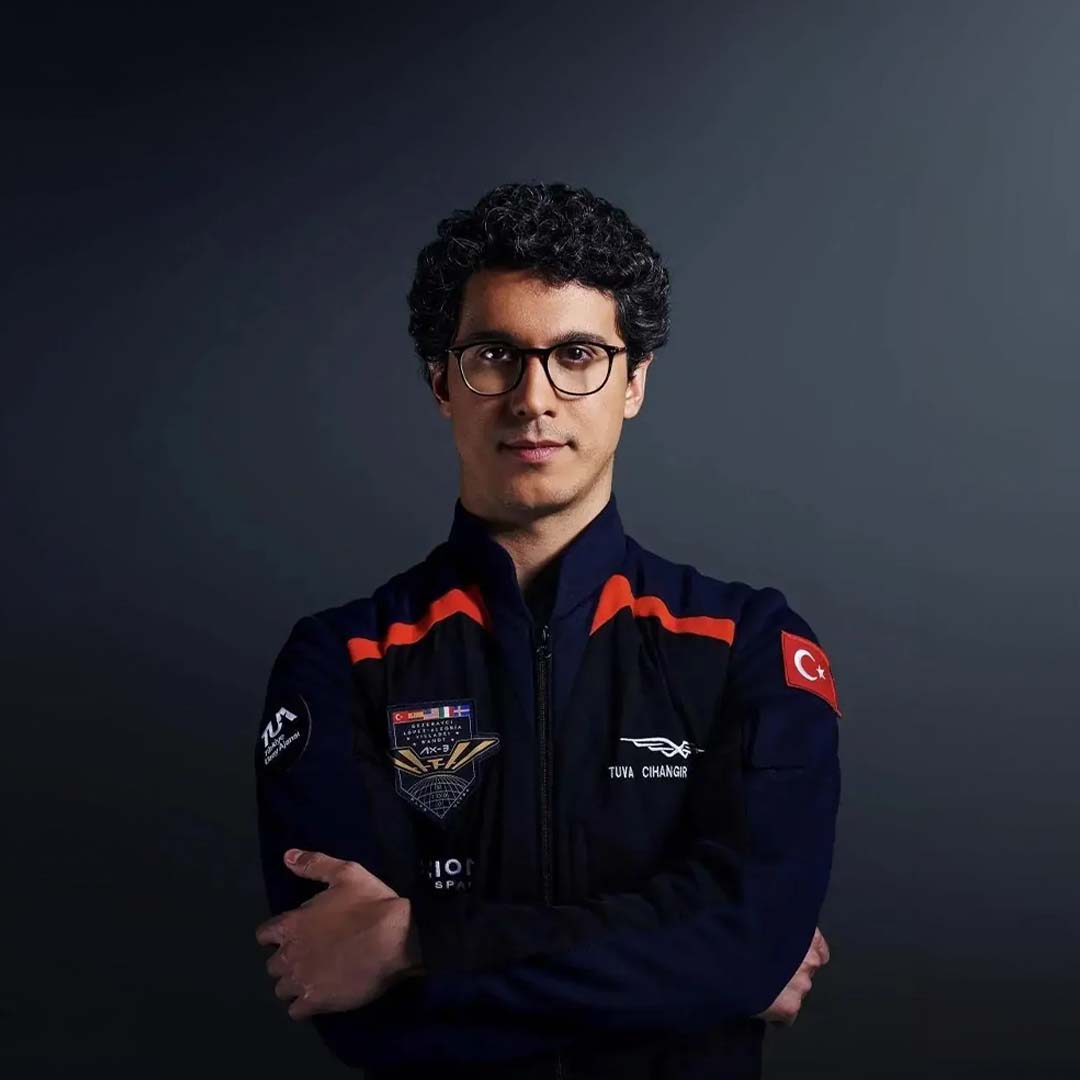
Tuva Cihangir Atasever, Türkiye's second astronaut, completed the Suborbital Research Flight with Virgin Galactic's "VSS Unity" suborbital vehicle as part of the Turkish Astronaut Science Mission Project. The "Galactic 07" team, including Atasever, took off from the Spaceport facility in New Mexico at 08.30 a.m. local time in the United States and performed a flight lasting approximately 1 hour and 10 minutes with the "VSS Unity" suborbital vehicle. During the flight, the aircraft carrying the "VSS Unity" suborbital vehicle reached an altitude of about 14 kilometers and ignited its hybrid fuel rocket engine to reach an altitude of about 90 kilometers.
Atasever successfully conducted seven scientific experiments in a free-fall phase lasting approximately 3 minutes in a microgravity environment.
Outreach Activities
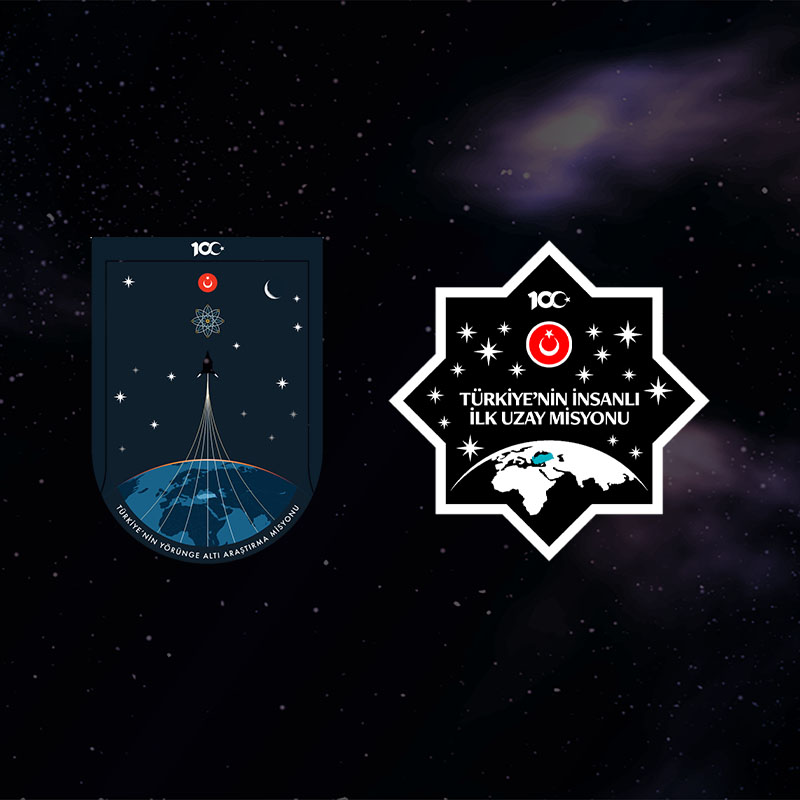
All activities carried out within the scope of Türkiye's first human space science mission have been regularly shared with the public, with the aim of increasing awareness of space science and technologies in our country.

